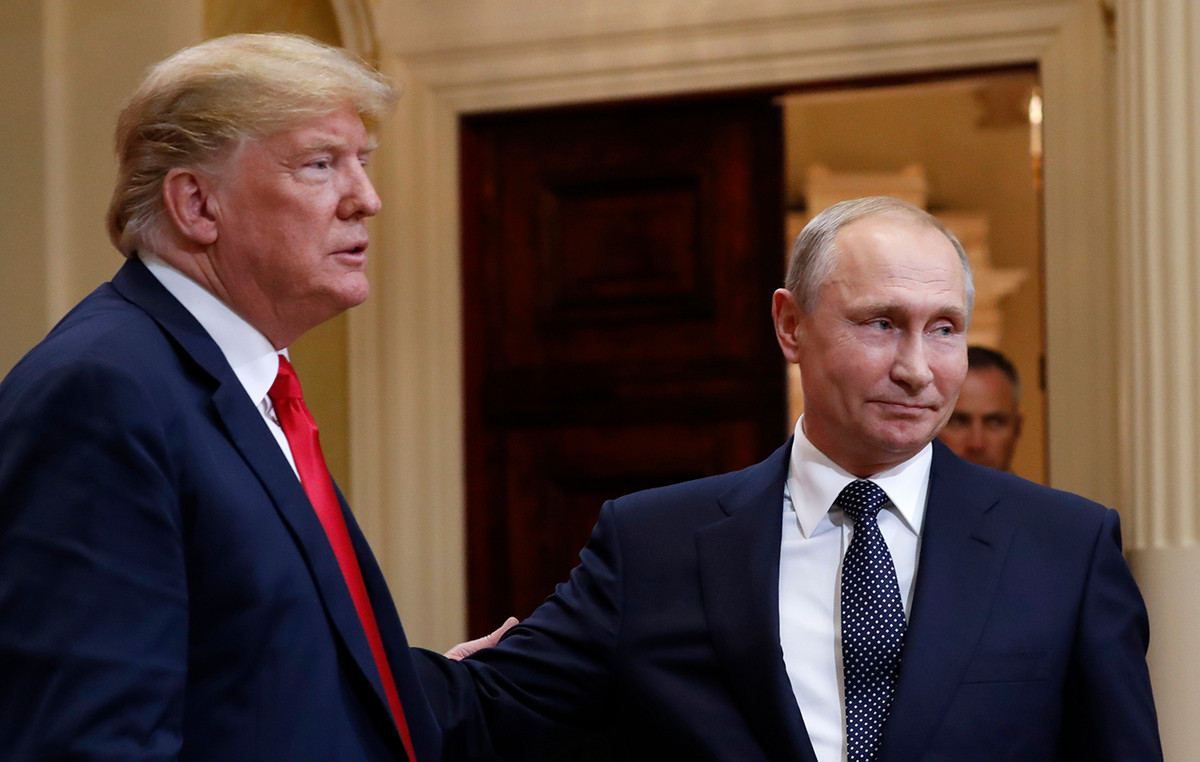A survey carried out by the German Automotive Industry Association (VDA), at the request of CNN shows that German car production abroad is expected to shrink by more than 8% in the second half of 2022.
In practice, the number of vehicles sold to other countries should fall from 9.5 million to 8.7 million in the coming months of the year.
VDA’s analysis also shows a drop in production for the domestic market. In all, the expectation is that 3.3 million cars will be produced for consumption by the Germans themselves in 2022, a value 2% lower than projected at the beginning of the year.
According to the association, the lower production of vehicles is linked to Germany’s energy crisis, caused by Russian sanctions on natural gas – in response to German support for Ukraine during the war in Eastern Europe.
“The main national and international suppliers of the automotive sector are part of the industries that consume the most gas in Germany and in the world. It is important that Germany continues to work together to reduce its dependence on Russian gas. The automotive industry is aware of its social responsibility and is determined to make its contribution to reducing gas consumption”, highlights an excerpt from the VDA statement to the CNN .
The fleet of German trucks will be the most impacted by the measure, according to the VDA, as these vehicles have production chains that are most dependent on Russian natural gas.
For Christiano Arrigoni, researcher and professor of economics at Ibmec, the measure could generate a rise in the price of cars in the world. That’s because he points to the auto industry as an oligopoly, where few companies hold a large share of the market.
Currently, Germany accounts for a large share of the world’s automobile sector. The country is home to companies such as Porsche, BMW, Mercedes-Benz and Audi.
“In this sector, we can clearly see the creation of an oligopoly, with Germany having a great force in maintaining this market. It will decrease production, nationally and internationally. If there is no decline in demand for cars, then it is possible that the price of German products will rise. We can witness this in Brazil, a country dependent on these cars”, said the Ibmec professor.
Source: CNN Brasil
I am Sophia william, author of World Stock Market. I have a degree in journalism from the University of Missouri and I have worked as a reporter for several news websites. I have a passion for writing and informing people about the latest news and events happening in the world. I strive to be accurate and unbiased in my reporting, and I hope to provide readers with valuable information that they can use to make informed decisions.







